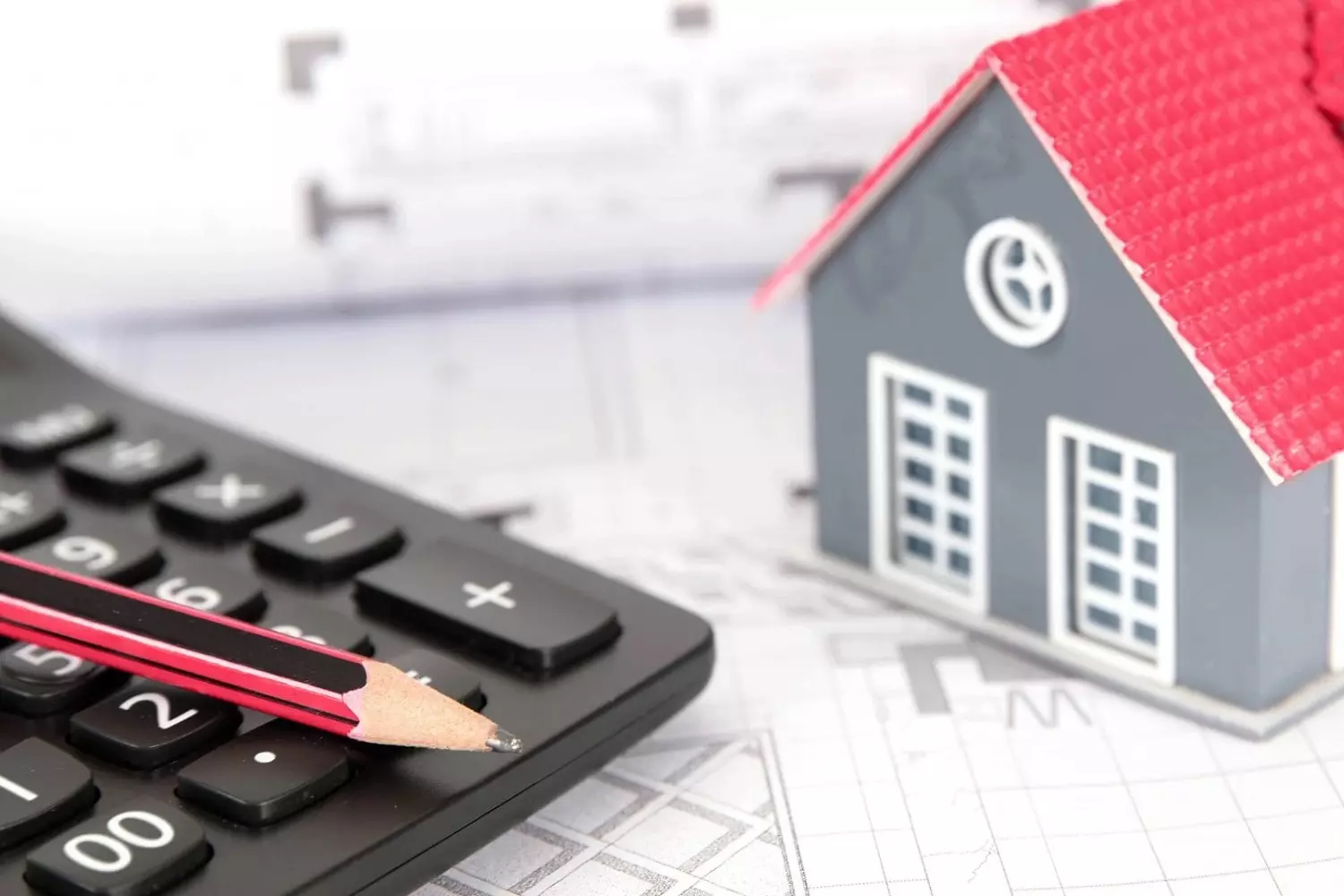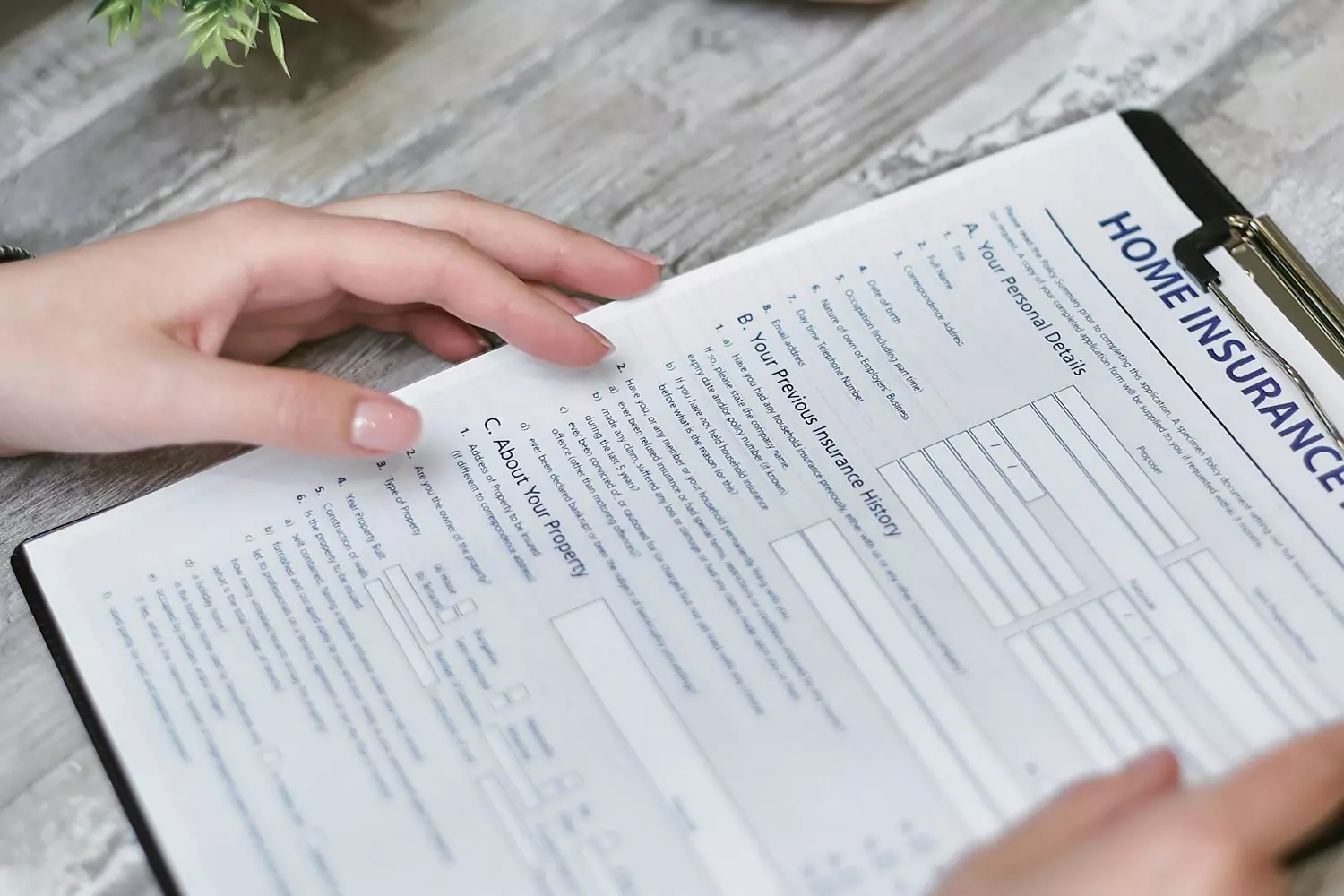Purchasing or owning real estate in the United States is not only an opportunity for profitable investment but also a significant responsibility. To avoid unpleasant surprises, it's crucial to understand three key questions in advance: how to correctly assess the value of a home, how to choose reliable insurance, and why a real estate inspection is necessary before buying.
Mistakes in these areas can be very costly. If the appraisal is too low, you could lose money when selling. If you don't insure your property against the necessary risks, you could be left unprotected in an unforeseen situation. And buying a home without an inspection can lead to expensive repairs.
In this article, we will break down all the nuances of real estate appraisal, insurance, and inspection in the USA. You will learn how to avoid common mistakes, what to pay attention to, and how to protect your property.
Real Estate Appraisal in the USA
Determining the real value of real estate in the USA is done through an appraisal. It is required when buying, selling, refinancing a mortgage, as well as for calculating taxes and insurance payouts. Without it, banks do not issue loans, and transactions involve significant risks.
Who Conducts Appraisals
Appraisals are conducted by certified professionals — real estate appraisers. They work for private companies or under a state license. Their task is to calculate the market value of a property based on its characteristics, condition, and location.
In the case of mortgage lending, the bank appoints the appraiser. If the appraisal is needed for personal purposes or a transaction between private individuals, the owner can choose a specialist independently.

Appraisal Methods
Appraisers use several methods. The main ones are:
- Sales Comparison Approach: The value is calculated based on the prices of similar properties recently sold in the same area.
- Income Approach: This is used for commercial real estate. The price depends on the potential income the property can generate.
- Cost Approach: The value is estimated by calculating the cost of building the property from scratch, considering the land price and construction costs, and then adjusting the sum for depreciation.
The first method is most commonly used as it provides the most accurate results for residential houses and apartments.
What Influences Value
Many factors influence the price of real estate:
- Location: Homes in prestigious neighborhoods are more expensive, even if their characteristics do not differ from counterparts in less desirable areas.
- Size and Layout: The larger the area and the more convenient the room layout, the higher the price.
- Condition of the Building: New homes or fully renovated apartments are valued higher than older buildings with worn-out utilities.
- Infrastructure: The presence of nearby schools, shops, parks, and transport hubs increases the value.
- Market Situation: During periods of high demand, prices rise, and during crises, they fall.
How to Prepare for an Appraisal
If you are planning to sell or refinance a mortgage, you can increase the value of your property in advance. It's often enough to eliminate obvious shortcomings.
- Carry out cosmetic repairs if the walls are cracked and the plumbing needs replacement.
- Ensure that all engineering systems are working properly.
- Tidy up the yard and entrance if it is a private house or an apartment in a multi-unit building.
- Prepare documents confirming property improvements — for example, receipts for repairs, installation of new windows, or roof replacement.
Appraisal is an important step that allows you to avoid overpayment and protect your interests in real estate transactions.
Buy a Miami Home with American Butler
Real Estate Insurance
Real estate insurance protects the owner from financial losses in the event of fire, flooding, theft, and other unforeseen situations. In the USA, it is not mandatory by law, but banks typically require it to issue a mortgage. Even if the property is purchased without a loan, insurance can help avoid significant expenses for repairs or restoration.
Main Types of Insurance
Several types of insurance policies exist. Their selection depends on the type of property, location, and the individual needs of the owner.
- Homeowners Insurance
Protects private homes from damage caused by fires, natural disasters, vandalism, and other risks. It also covers liability to third parties if someone is injured on the property. - Renters Insurance
If a person rents a home, the insurance company compensates for damage to the renter's personal property. Structural elements (walls, roof) are insured under the owner's policy. - Condo Insurance
Covers the personal property of the condominium owner, as well as interior finishes. Common areas (stairwells, elevators, facades) are insured by the management company. - Flood Insurance
Standard policies do not include protection against flooding, so property owners in high-risk areas need to purchase separate flood insurance. - Earthquake Insurance
In seismically active regions, standard policies do not cover losses from earthquakes. In such cases, additional earthquake insurance is purchased.

What Insurance Covers
Insurance can cover various types of damage. Standard policies usually include the following:
- Structural Damage: Repair or restoration of the building after fire, hurricane, gas explosion, and other force majeure events.
- Personal Property: Compensation for lost or damaged belongings (furniture, appliances, clothing).
- Liability to Third Parties: If someone is injured on the property, the insurance will cover medical expenses and potential legal costs.
- Temporary Housing: If the home is uninhabitable after a disaster, the insurance company will pay for temporary housing rental.
How to Choose an Insurance Company
Before purchasing insurance, it's worth carefully examining the offers of different insurance companies. Important selection criteria include:
- Company Reputation: It's best to choose an insurer with good reviews and a stable position in the market.
- Coverage Amount: You need to ensure that the insurance amount covers the real value of the property.
- Policy Exclusions: Many policies do not cover damage from floods or termites, so it's important to clarify the details.
- Speed of Payments: The process of receiving compensation can take months with some companies.
How to Reduce Insurance Costs
The cost of insurance depends on the size of the house, its condition, location, and the owner's history of claims with the insurance company. To pay less, you can:
- Install a Security System: Alarms and cameras reduce the risk of theft, and therefore the cost of insurance.
- Update Utilities: If the wiring and plumbing are in good condition, the likelihood of accidents decreases.
- Increase the Deductible: The larger the amount the owner is willing to pay in the event of a claim, the lower the policy cost.
- Compare Offers from Several Companies: Prices can vary even with the same conditions.
Real estate insurance is a wise investment that helps avoid significant financial losses. When choosing a policy, it's important to consider the characteristics of the region, the condition of the house, and personal needs.
Real Estate Inspection Before Purchase
Before buying real estate, it's crucial to check its technical condition. An inspection helps identify hidden defects and avoid surprises after the transaction. In the USA, this is called a home inspection and is conducted by certified professionals. In some states, the participation of an inspector is mandatory, but even if the law does not require it, a buyer risks purchasing a property with serious problems without an inspection.
What a Home Inspection Includes
The inspector examines the house, assesses its structure, engineering systems, and overall condition. A standard inspection includes:
- 01.Foundation and Load-Bearing Structures
Cracks in the foundation, settling, or leaning walls can indicate serious problems that will require significant repair costs. - 02.Roof and Attic
The condition of the roofing, rafters, insulation, and ventilation is checked. It's important that the roof does not leak and can last for several more years without major repairs. - 03.Water Supply and Sewerage System
The inspector assesses water pressure, the presence of leaks, and the overall condition of the pipes. Old houses may have worn-out or outdated plumbing. - 04.Electrical Wiring
The electrical panel, outlets, switches, and the wiring's compliance with modern safety standards are checked. Old aluminum wiring can pose a fire hazard. - 05.Heating, Ventilation, and Air Conditioning (HVAC)
Boilers, radiators, ductwork, and air conditioners are inspected. If the heating system is outdated, its replacement can involve significant costs. - 06.Windows and Doors
It is checked how tightly they close, whether there are drafts, and any signs of rot (if the frames are wooden). - 07.Presence of Mold and Pests
Moisture in the basement or on the walls can indicate mold, and damage to wooden structures can indicate the presence of termites.

How to Choose an Inspector
For the inspection to be objective and of high quality, it's important to choose a professional. In the USA, both private specialists and companies offer home inspection services. When choosing an inspector, consider:
- Licensing (if required in the state) and Certifications: Ensure the inspector is qualified to perform inspections.
- Experience and Client Reviews: Check the inspector's track record and what previous clients have to say.
- Completeness of the Report: The specialist should provide detailed information about the condition of the house.
- Cost of Services: It depends on the size of the house and the complexity of the inspection, but very low prices may indicate low quality work.
What to Do After the Inspection
Based on the inspection results, the inspector prepares a report that indicates the identified problems and their potential consequences. After this, the buyer can:
- Ask the seller to fix the defects before the transaction.
- Negotiate a price reduction if the buyer will be responsible for the repairs.
- Refuse to buy if critical defects are found.
When an Inspection Is Particularly Important
There are cases when a building inspection cannot be ignored:
- Houses Older Than 20-30 Years: Age-related wear and tear and outdated systems require special attention.
- Properties Located in Areas with High Humidity: There is a risk of mold and rot of wooden structures.
- Transactions Without Bank Involvement: With a mortgage, a home appraisal is mandatory, but if the purchase is made in cash, the responsibility for the inspection lies with the buyer.
A real estate inspection helps avoid unexpected expenses after the purchase. Even if a house looks good, only a professional inspection will show its real condition.
Mistakes to Avoid
Many people make serious mistakes when appraising, insuring, and inspecting real estate, which can lead to financial losses. Let's analyze the most common ones and how to avoid them.
- Mistake 1. Relying Solely on Market Value for Appraisal
Some people focus on the prices of similar properties in listings, assuming their home is worth the same. However, the real value depends on many factors: the condition of the house, the year it was built, and the quality of renovations. It's better to order a professional appraisal, especially if the transaction involves a mortgage. - Mistake 2. Neglecting Insurance or Choosing Minimal Coverage
Some buyers opt for a basic policy without considering the risks of flooding, earthquakes, or hurricanes. Later, when an insured event occurs, it turns out that the damage is not covered. It's important to carefully review the insurance terms and choose a policy that takes into account the specific features of the region. - Mistake 3. Skipping the Inspection Before Buying
A house may look perfect externally, but hidden defects are only revealed during a professional inspection. Ignoring the inspection can lead to discovering after the purchase that the roof is leaking, the foundation is damaged, and the electrical wiring does not meet safety standards. - Mistake 4. Choosing an Insurer Based Only on Low Price
Cheap insurance policies often have hidden limitations. In the event of a force majeure, the insurance company may refuse to pay or delay the process. It's better to choose reliable insurers with a good reputation. - Mistake 5. Underestimating Additional Costs
When buying a house, it's important to consider not only its price but also the associated costs: taxes, insurance, and potential repairs. Without taking these factors into account, the final expenses may be higher than planned.

Real estate appraisal, insurance, and inspection in the USA are three key elements that help avoid financial risks. Regardless of whether you are buying, selling, or simply want to protect your investments, these processes should be approached responsibly.
A professional appraisal provides an accurate understanding of the property's value. Insurance helps avoid significant losses in the event of accidents and natural disasters. An inspection before purchase allows you to identify problems that are not visible at first glance.
Don't want to spend time searching for specialists? American Butler will help you understand all the nuances of real estate appraisal, insurance, and inspection. We will select reliable appraisers, insurance agents, and inspectors to ensure your transaction goes smoothly without unpleasant surprises.

































